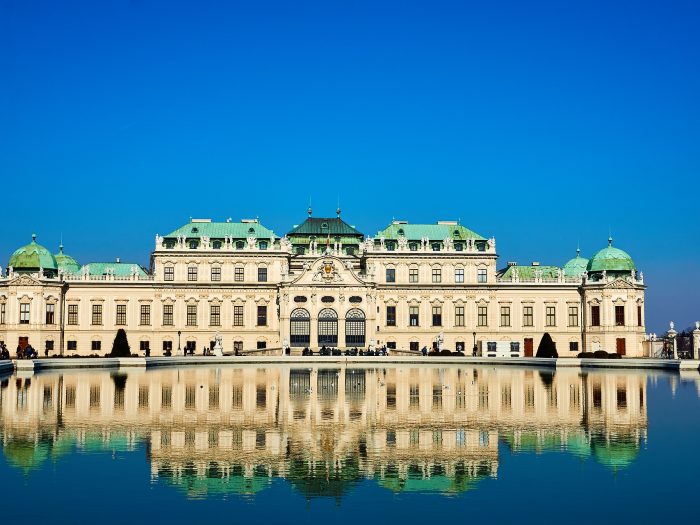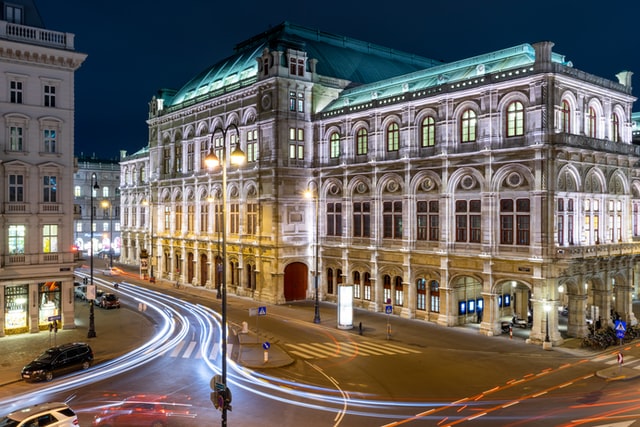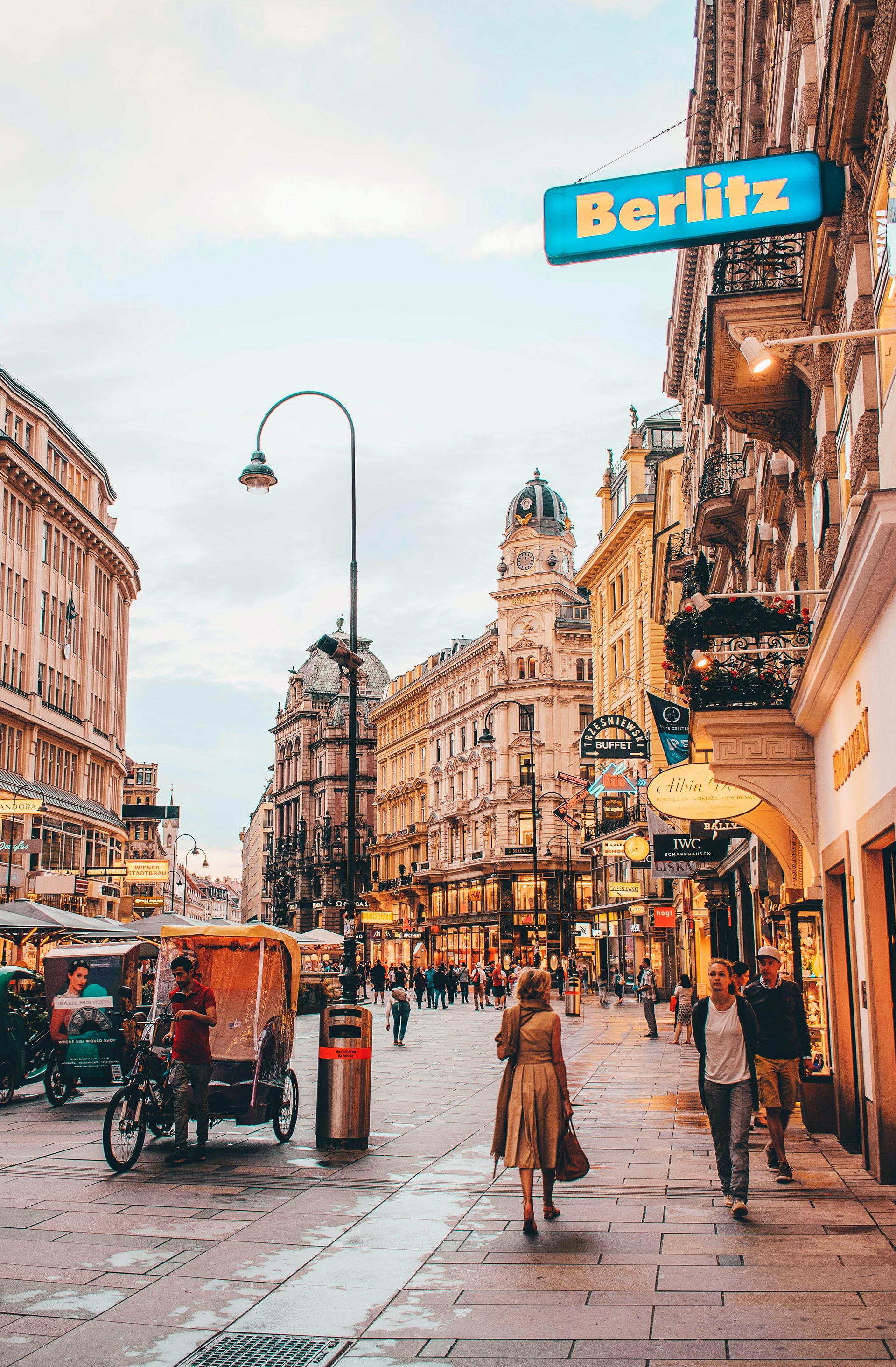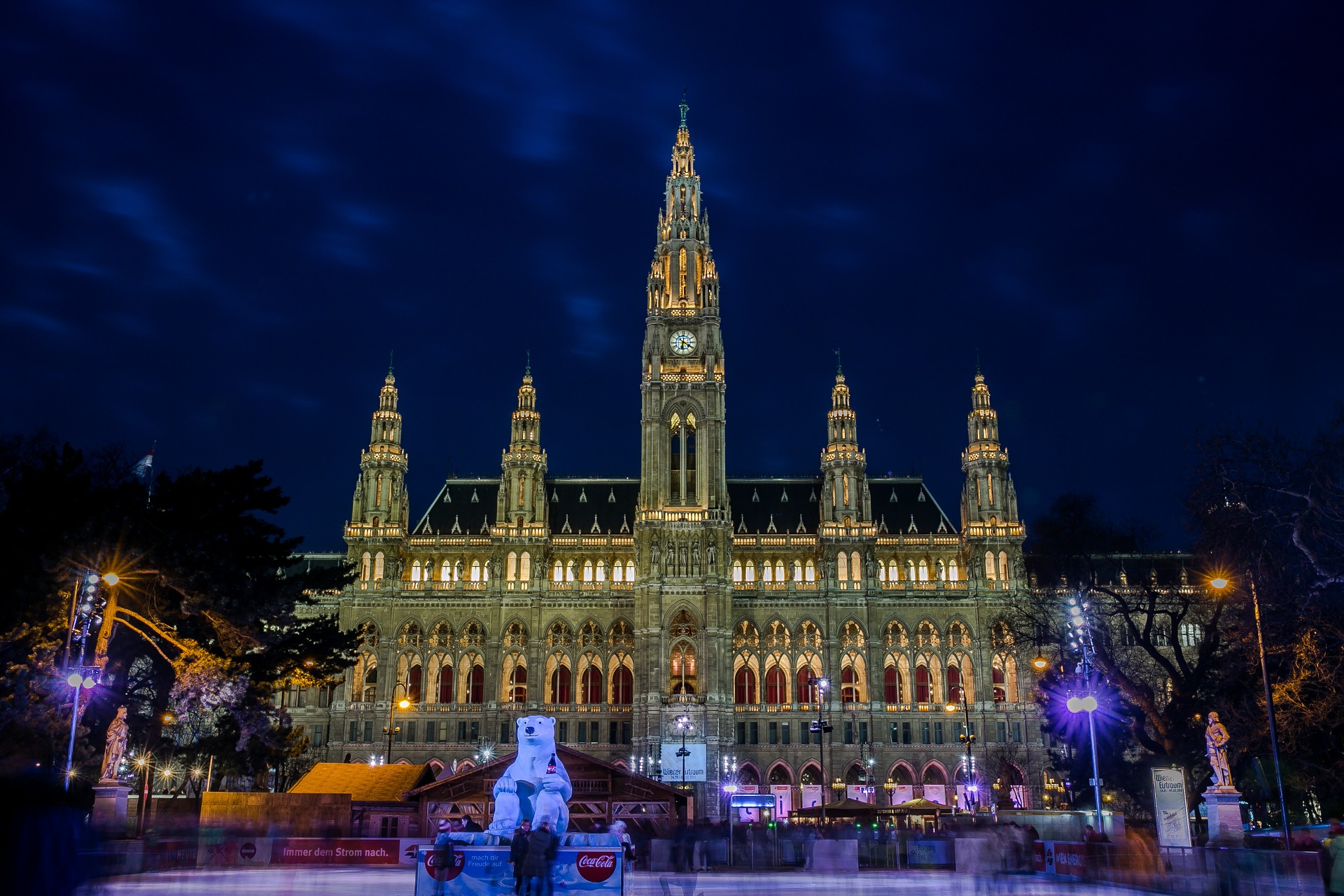This might be your first time relocating, or you may be a bit of a pro, nevertheless, moving to Austria as a non-EU citizen does require a little extra knowledge and paperwork. We have put together a complete guide on what you need to have organized so that you can focus on the more enjoyable side of moving.
Austria’s Red White Red Card
The immigration system in Austria works on a points system, so you will get a certain number of points based on your age, occupation, languages you speak, etc. These points go towards a Red White Red Card. Here are some of the visa options for Austria:
Highly Qualified Workers- (70 points or more). If you have received an employment offer in Austria, you can apply for the card before relocating. Alternatively, you can apply for a Job Seeker Visa to look for work and then apply for the Red White Red card once you have a job offer.
Skilled Workers Shortage- (55 points or more). The list of what is considered an occupation shortage is updated each year. Nurses, blacksmiths, roofers, chefs, and payroll accountants are examples of occupations on the current list. You will need a job offer from an Austrian company in your field and be able to prove your qualifications and experience.
Other Key Workers- (55 points or more). This application is for those who have completed vocational training for a minimum of three years. They must have a job offer that pays the minimum salary for key workers (3,222€ for over 30s, 2,685€ for under 30s).
Self-Employed Key Workers- (no points system). You can apply for the Red White Red Card if your business meets one of the following criteria:
- A sustained transfer of investment capital to Austria of at least 100,000€
- Your company will create new jobs or secure existing Austrian jobs
- Your company will transfer knowledge regarding new technologies
- Your company is considered a considerable significance for the entire region
Start-up Founders- (50 points or more). Your start-up must be of innovative products or services, processing methods, or technologies and you need to provide a consistent business plan to support this. The company must have a minimum of 50,000€ and an equity share of at least 50%.
The Austrian Red White Red card costs 120€ and a further 20€ for granting and 20€ for personalization. You can apply for it at the Austrian Embassy in your country. You will need to provide:
- A valid passport
- Passport photo
- Birth certificate
- Proof of qualifications
- Proof of accommodation
- Proof of health insurance
Accommodation in Austria
One of the biggest attractions to living in Austria is the housing system. The law regulates that approximately 21% of a person’s income is spent on accommodation. The average monthly rent in Austria is 390€, which is what you can expect in Vienna. Carinthia is a little cheaper at around 313€ per month and the more expensive is Vorarlberg at 500€ per month.
That being said, these are normally unfurnished properties. For an unfurnished flat in Salzburg, you might pay 450€, for a furnished flat it’s more like 1,380€.
Healthcare in Austria
As soon as your employment begins, you will be part of the Austrian public healthcare system, along with 99% of people who live there. If you are traveling with family, they will also be covered once your employment begins. The healthcare system covers practically all types of illness, maternity, health checks, lifestyle advice, and vaccinations.
Cost of Living in Austria
Vienna and Innsbruck are the more expensive cities to live in. Craz and Klagenfurt are cheaper. Dinner can cost from 12-50€ depending on the type of restaurant. A cinema ticket is about 10€ and a gym membership for one month can be around 35€. A one-way trip on public transport costs between 1.80€ and 2.20€ and a monthly pass at 51€
The Austrian Way of Life
Again, this will depend from person to person, but most greetings call for a handshake while an Austrian man may kiss a woman’s hand. Be on time to all engagements and if you are going to a house for dinner, ask if you should take your shoes off.
Driving around the amazing Alps and visiting the stunning lakes is a must. You will need to convert your driving license after 6 months of being in Austria. You can do this at the Federal Police Headquarters or the Motor Vehicle Department in Vienna.



